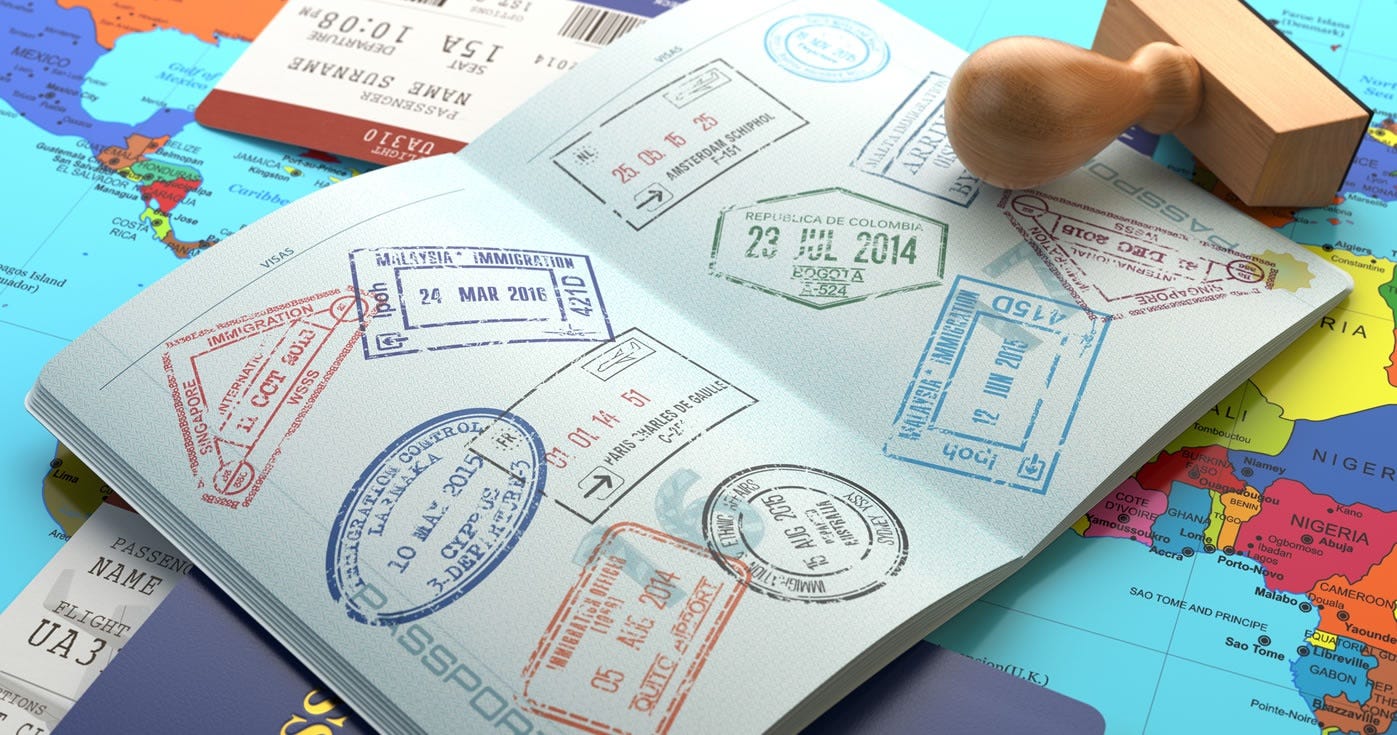Understanding Visa Processing Times for France

Applying for a visa to France can be an exciting step for travelers, but processing times vary significantly based on demand, location, and applicant history. This article explores the average visa processing times worldwide, why discrepancies exist, and tips to ensure a smooth experience.
Average Processing Times by Region
Visa processing times for France depend on several factors, including the number of applications submitted at a given consulate and the type of visa being requested.
- High-Demand Regions:
Countries with high application volumes, such as India, Turkey, China, and Russia, often experience longer wait times. In peak travel seasons, processing can take up to 15–30 days, or longer if appointments are limited. - Lower-Demand Regions:
In countries with fewer applicants, such as Canada or Kazakhstan, processing times tend to be faster, averaging 7–15 days.
Why Do Processing Times Differ?
- Demand and Quotas:
Consulates in high-demand countries often receive thousands of applications daily, leading to delays. For instance, summer applications for tourism visas may overwhelm consulates in Morocco, Algeria, India, China or Nigeria. - Security and Screening:
Some regions require additional checks for security reasons, which can lengthen the processing time. - Staffing Levels:
Understaffed consulates may struggle to process applications quickly, especially during peak seasons. - Appointment Availability:
Booking an appointment at visa centers like VFS, TLS, or Capago can be challenging in high-demand countries, delaying the start of the visa process.
Faster Processing for Visa Renewals
If you’ve held a Schengen visa in the last five years, renewing your visa is typically faster. Here’s why:
- Previous History: Applicants with a prior travel history to France or the Schengen Area undergo less scrutiny, expediting the process.
- Biometric Data: If biometrics were submitted within the last five years, they can often be reused, reducing additional processing steps.
- Efficiency in Consulates: Renewals generally require fewer document checks, as the applicant’s background is already in the system.
Why Request New Biometrics?
While reusing biometrics is convenient, requesting a fresh set of fingerprints and photos can help avoid technical issues and ensure all details are up to date. New biometrics may also help mitigate processing delays in cases where older records are not readily accessible.
How to Minimize Delays
- Apply Early: Start your application at least three months before your planned travel date, especially in high-demand regions.
- Ensure Document Accuracy: Double-check that all required documents are complete and meet the French consulate’s specifications.
- Renew Strategically: If eligible, renew your visa before your current biometrics expire for faster processing.
- Seek Expert Assistance: Consultants like HelpMyVisa can guide you through the application process, ensuring all steps are completed accurately and efficiently.
How HelpMyVisa Simplifies the Process
At HelpMyVisa, we understand the challenges of navigating visa applications. Our services include:
- Application Review: Ensuring your documents are accurate and complete.
- Appointment Scheduling: Helping you secure the earliest available slot.
- Renewal Assistance: Guiding you on the fastest renewal routes while advising on biometric updates.
By staying updated on regional processing trends, we help minimize delays and increase your chances of a successful visa application.
Conclusion
Visa processing times for France vary widely across regions due to demand, security measures, and local consular resources. While visa renewals can speed up the process, applying early and seeking professional guidance are the best ways to avoid unnecessary delays.
Plan your journey to France with confidence—let HelpMyVisa guide you every step of the way.


